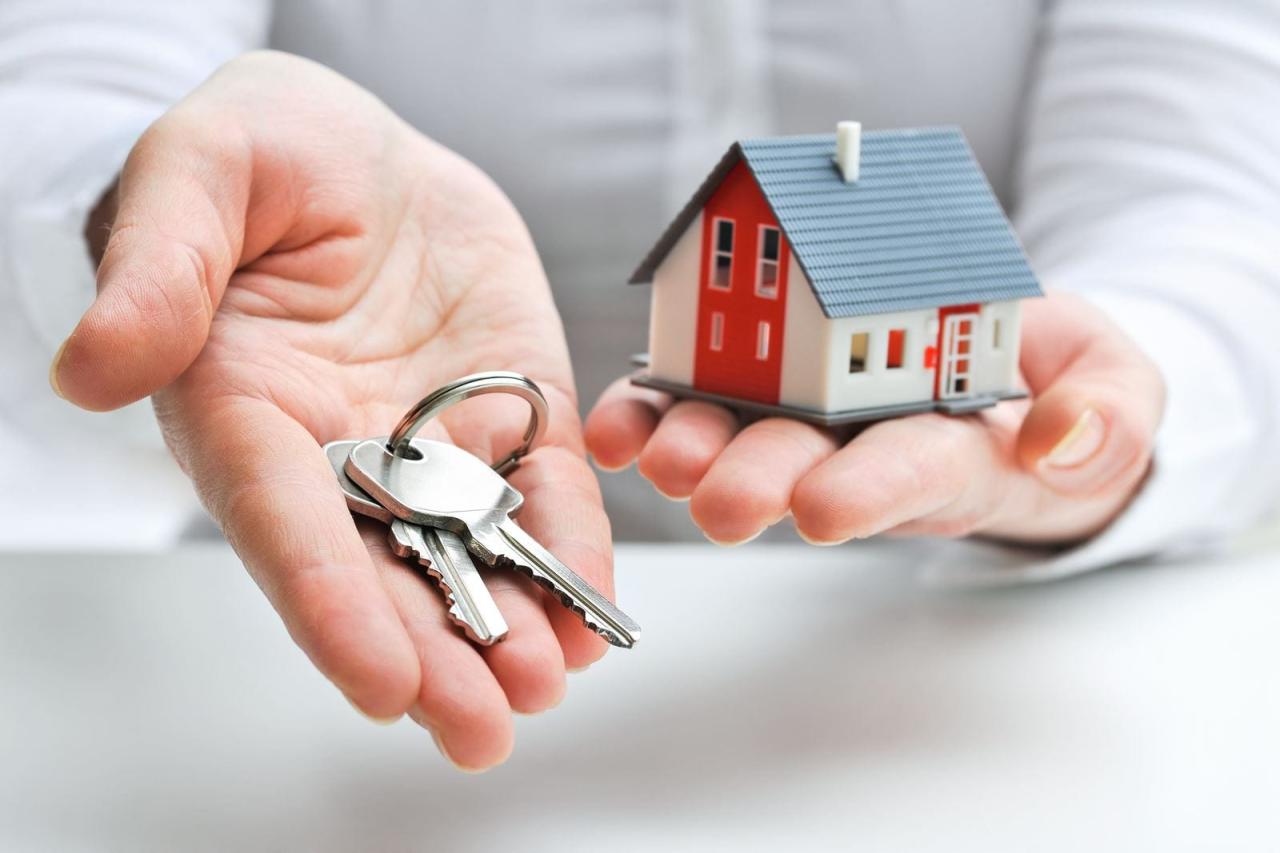How to Buy a Home Without Paying Full Price sets the stage for an exciting journey into the world of home buying, where savvy strategies can help you snag that dream property without breaking the bank. In today’s competitive market, understanding the nuances of home purchasing is crucial, as it can save you significant sums while still securing a place you love.
Whether you’re a first-time buyer or looking to upgrade, there are practical approaches that can turn the daunting task of buying a home into a more manageable feat.
From leveraging negotiation tactics to exploring financing options, this guide will delve into various methods that ensure you pay a fair price without compromising on quality or location. Join us as we uncover the essential tips and tricks that will empower you on your quest to find the perfect home at a price that makes sense.
In today’s fast-paced world, the importance of effective communication cannot be overstated. Whether in personal relationships, business settings, or casual conversations, clear and concise communication fosters understanding and strengthens connections. This article delves into various aspects of effective communication, providing insights and tips to enhance your skills in this essential area.### Understanding CommunicationCommunication is the process of sharing information, thoughts, and feelings between individuals.
It encompasses verbal and non-verbal elements, including tone, body language, and even silence. Effective communication requires not just the ability to convey messages but also to listen actively and empathetically.#### The Components of Communication
1. Verbal Communication
This involves the spoken or written word. It is crucial to choose your words carefully, as they can significantly impact the message’s clarity and reception.
2. Non-Verbal Communication
Body language, facial expressions, and eye contact all contribute to how messages are interpreted. Being aware of these signals can enhance your communication skills.
3. Listening Skills
Good communication is a two-way street. Active listening involves fully concentrating on the speaker, understanding their message, responding thoughtfully, and remembering key points.
4. Emotional Intelligence
Understanding your emotions and those of others can improve your interactions. Emotional intelligence helps you navigate conversations, express empathy, and respond to others’ feelings appropriately.### The Importance of Effective CommunicationEffective communication is vital in various areas of life:
Personal Relationships
Clear communication helps to avoid misunderstandings and resolve conflicts. It fosters a deeper connection between individuals.
Workplace Environment

In professional settings, effective communication can lead to better teamwork, increased productivity, and a positive workplace culture. Employees who communicate well are often more successful in their roles.
Public Speaking
Whether giving a presentation or speaking in front of a crowd, the ability to communicate effectively can greatly influence how your message is received.### Tips for Improving Your Communication Skills
1. Be Clear and Concise
Aim to convey your message in as few words as possible without losing the essence. Avoid jargon unless you are sure the recipient understands it.
2. Use Positive Language
Positive language fosters goodwill and encourages a constructive dialogue. Instead of saying “You didn’t do this right,” try “This is a great start; let’s work together to improve it.”
3. Practice Active Listening
Show that you are engaged by nodding, maintaining eye contact, and summarizing what the speaker has said. This demonstrates that you value their input.
4. Be Mindful of Non-Verbal Signals
Your body language can say a lot about your feelings and attitudes. Ensure that your non-verbal cues match your verbal messages to avoid confusion.
5. Ask Questions
Questions not only clarify your understanding but also demonstrate interest in the conversation. They can also encourage deeper discussions.
6. Be Empathetic
Try to understand things from the other person’s perspective. Empathy helps to build rapport and fosters trust in any relationship.
7. Stay Calm and Composed
In heated discussions, maintaining a calm demeanor can prevent escalation. Take deep breaths and pause before responding to gather your thoughts.### Overcoming Barriers to Effective CommunicationSeveral obstacles can hinder effective communication. Recognizing and addressing these barriers is essential for improving your skills:
Physical Barriers
Noise, distance, or technological issues can impede communication. Choosing an appropriate environment for discussions can minimize these distractions.
Emotional Barriers
Stress, anger, or anxiety can cloud judgment and affect how you communicate. It’s crucial to recognize your emotional state and find ways to cope before engaging in important conversations.
Cultural Differences
Different cultures may have varying communication styles, norms, and values. Being aware of these differences and adapting accordingly can enhance mutual understanding.
Perceptual Barriers
Our individual perspectives and experiences shape how we interpret messages. Being open to other viewpoints can help bridge gaps in understanding.### The Role of Technology in CommunicationIn the digital age, technology has transformed how we communicate. From emails to social media and video calls, various platforms offer new ways to connect. However, this convenience also comes with challenges:
Misinterpretation
Text-based communication lacks tone and body language, which can lead to misunderstandings. Always consider how your words might be perceived without the nuances of face-to-face interaction.
Over-reliance on Digital Communication
While technology facilitates connections, it should not replace face-to-face interactions. Personal relationships benefit significantly from in-person conversations.
Information Overload
With so much information available, it can be overwhelming to process messages. Prioritizing important communications and filtering out unnecessary noise is essential.### ConclusionEffective communication is a critical skill that impacts every aspect of our lives. By understanding its components, recognizing the importance of clarity, and actively working to improve our abilities, we can foster better relationships, enhance our professional lives, and create a more harmonious environment.
Remember, communication is not just about speaking but also about listening and understanding others. Embrace the art of communication, and you will see its profound effects on your life.Overall, honing your communication skills is an ongoing process. Each interaction is an opportunity to learn and grow. So, whether you are in a personal or professional setting, take the time to reflect on your communication habits and make adjustments as needed.
With practice and intention, you can become a more effective communicator, paving the way for deeper connections and successful interactions in all areas of your life.






